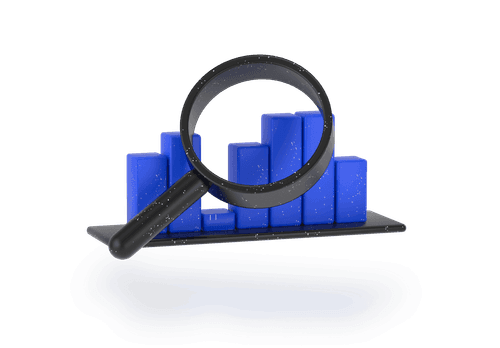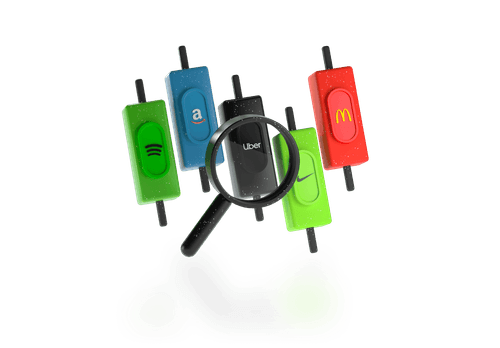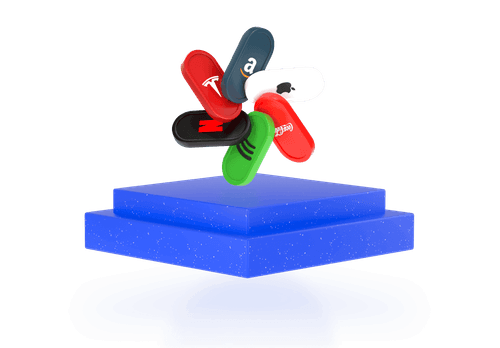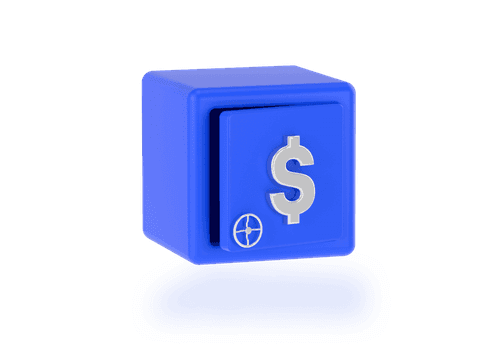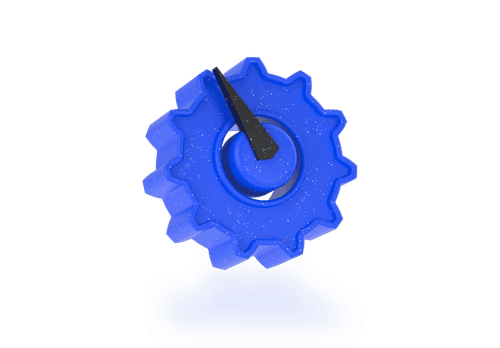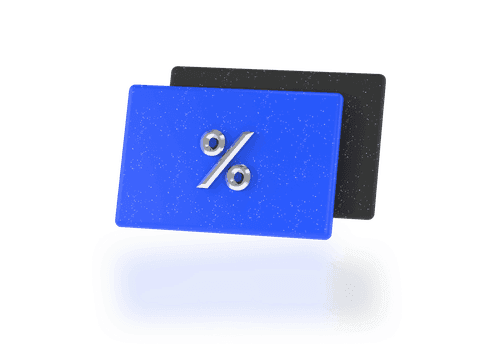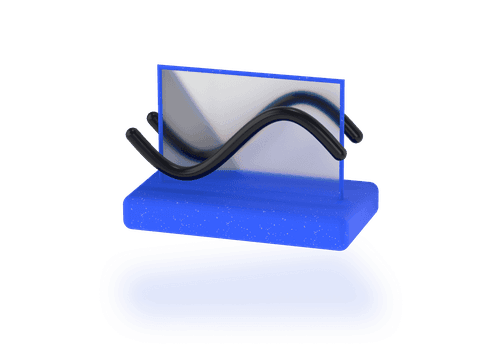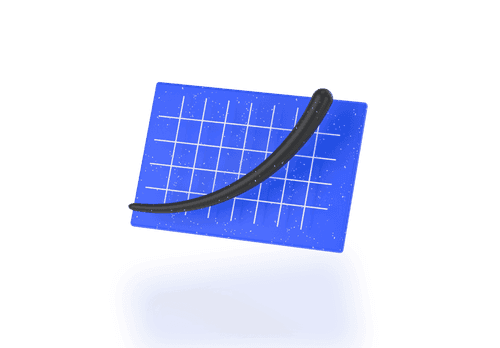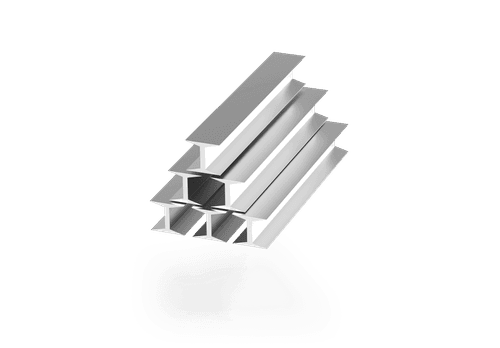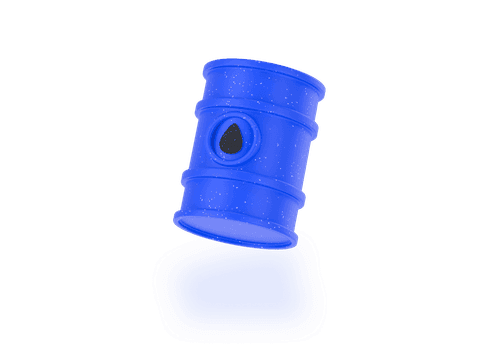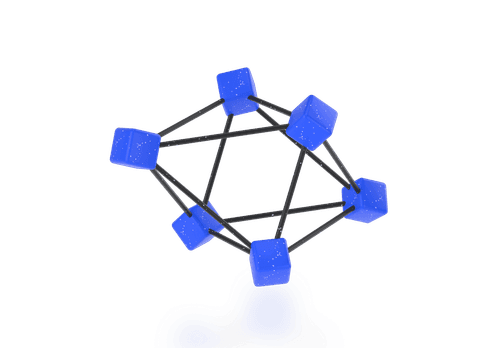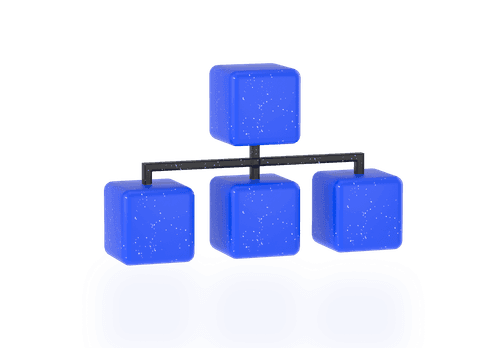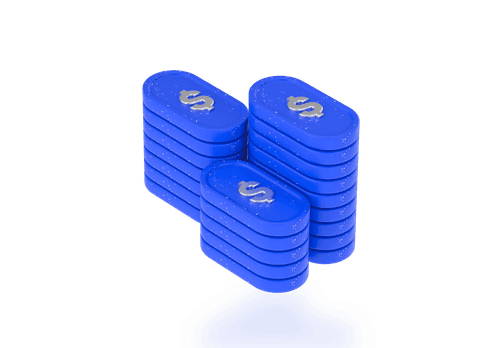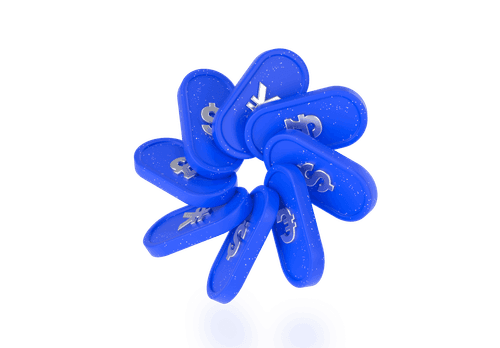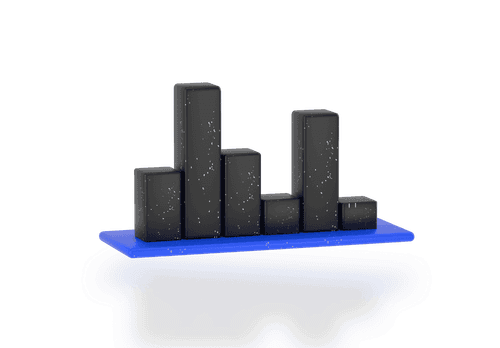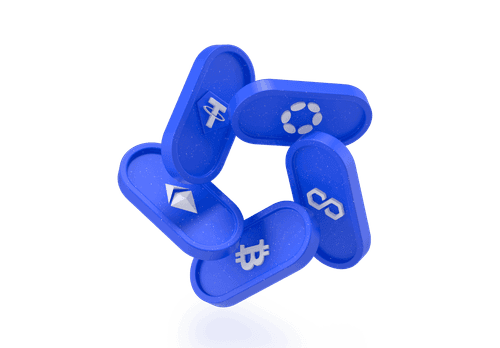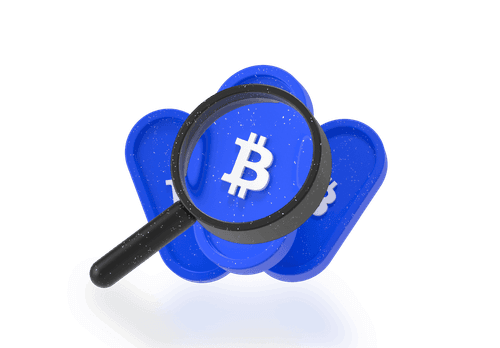Intermediate
Commodities Trading Demystified
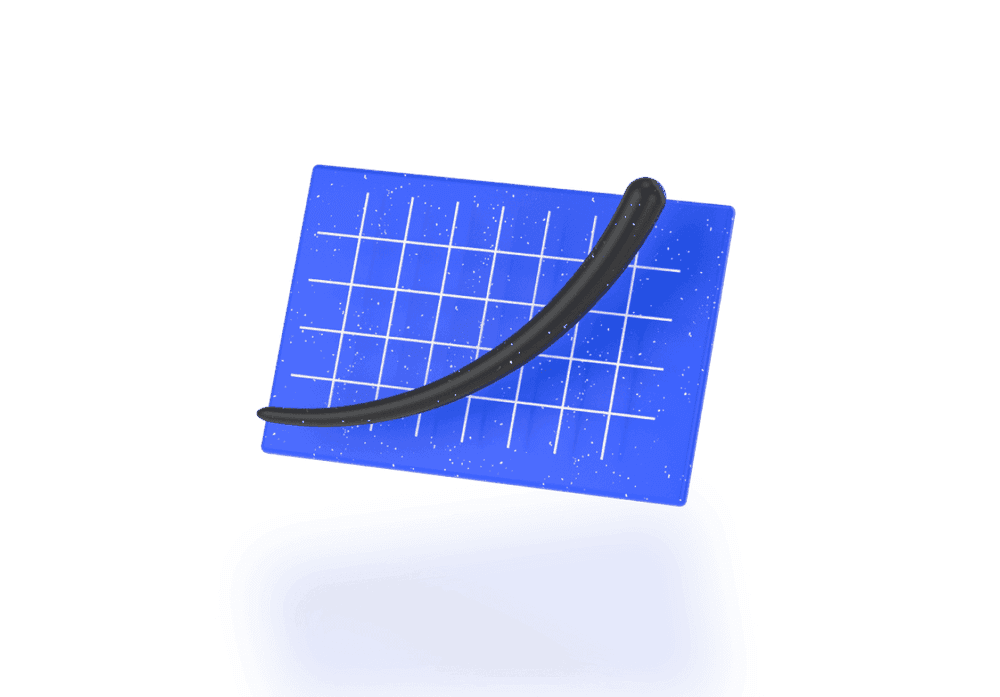
Commodities are essential raw materials like iron ore, crude oil, and various metals, which are vital for the world's economy. These commodities present opportunities for investors to make profits by predicting changes in their prices. However, investing in commodities can be more complex and risky compared to traditional investments like stocks and bonds.
What are Commodities?
Simply put, commodities are basic materials used to create finished products. This includes things we get from farming (like wheat and cotton), mined materials (like gold and coal), and energy sources (like oil and natural gas). Unlike stocks and bonds, which are just financial agreements, commodities are actual physical items that people buy, sell, and trade.
Different types of commodities
- Energy: This group includes not just oil and natural gas, but also coal, ethanol, and even renewable sources like wind and solar power.
- Metals: Here we find precious metals like gold and silver, and industrial ones like copper and aluminum.
- Agricultural Commodities: This category covers food items like corn, sugar, and cocoa, as well as non-food items like cotton and rubber.
- Livestock: This includes live animals, such as cows and pigs.
Commodity prices are constantly changing, influenced by global supply and demand.
For instance, a conflict in Ukraine might increase grain prices, while more oil production in the Middle East could lower oil prices.
Investors in commodities aim to make money from these supply and demand changes. They might also use commodities to diversify their investment portfolios, which can reduce risk. Ryan Giannotto, a financial expert from GraniteShares in New York, highlights that commodity trading offers unique benefits different from the stock market and can protect against inflation.
What is Commodity Trading? Explained Simply
Commodity trading involves exchanging assets, mainly futures contracts, based on the price of physical commodities like oil or wheat. In this market, investors make predictions on how they think a commodity's price will change in the future. If they believe the price will go up, they buy futures (also known as "going long"). If they think the price will go down, they sell futures (or "go short").
This type of trading isn't new; it's been around since ancient times. Long before modern financial markets, ancient civilizations were trading goods along trade routes.
Ryan Giannotto, a financial expert, points out that commodity trading is the root of modern investing. In fact, the New York Stock Exchange pays tribute to this history with golden tobacco leaves decorations, acknowledging the role of commodities in its foundation.
The formal start of modern commodity trading in the U.S. was in 1848 with the establishment of the Chicago Board of Trade. This allowed farmers to set prices for their crops at different times of the year, not just during harvest when prices were typically lower. By using futures contracts, both farmers and buyers could protect themselves against price fluctuations.
Nowadays, the commodities market has evolved significantly. There's a wide variety of commodities traded, and the market is global, with exchanges all around the world. Trading can happen almost 24 hours a day during the workweek, reflecting its international and sophisticated nature.
How to Get Started
Trading commodities can be done in several ways, each with its own pros and cons.
Commodities Futures
The most typical way to trade commodities is through futures contracts. This means you make a deal based on what you think the future price of a commodity will be. For example, you might agree to buy 10,000 barrels of oil at $45 each in 30 days. When the contract ends, you don't actually get barrels of oil; instead, you make another deal to sell the same amount of oil at the current market price. You profit if the market price is higher than your contract price, and you lose if it's lower. You can close these contracts any time before they expire.
To start trading futures, you need a specialized brokerage account. Craig Turner, a senior commodities broker, says that you can access these markets through a brokerage firm offering futures and options, but remember, you'll pay a commission each time you make a trade.
Physical Commodity Purchases
Unlike futures, this involves actually owning the physical commodity, like gold bars or silver coins. It's a direct way to invest in commodities like gold and silver, but it often comes with higher transaction costs. Ryan Giannotto notes that this approach is only practical for valuable commodities like gold, and you'll likely pay more than the market price.
Commodities Stocks
Investing in a company linked to a commodity, like an oil drilling company, is another option. These stocks tend to follow the price of the underlying commodity, but they're less risky than direct commodity trading. A good company can still be profitable even if the commodity price drops. However, these stocks don't exactly mirror commodity prices due to other factors like company management and market share.
Commodities ETFs, Mutual Funds, and ETNs
These funds pool money from many investors to follow the price of commodities or a group of them. They may buy futures contracts or invest in commodity-related companies. Giannotto remarks that commodity ETFs have made trading accessible and straightforward. They offer a diverse range of commodities and are managed by professionals, but they come with management fees and might not perfectly track commodity prices.
Commodity Pools and Managed Futures
These are private funds investing in commodities, similar to mutual funds but often not publicly traded. They can use complex strategies for potentially higher returns, but they also come with higher management costs.
Commodity vs Stock Trading
Commodity trading often involves leverage, meaning you only put down a fraction of the investment's total value. This can lead to higher gains or losses. Turner highlights that while this can be more profitable than stock trading, it's also riskier.
Commodity investments are usually shorter-term, especially with futures contracts, compared to the long-term nature of stock investments. Additionally, commodity markets are almost always open, giving you more flexibility to trade than stock markets, which operate during set hours.
In summary, trading in the commodities market involves higher risk and potential for quick gains compared to stock trading. It requires careful market strategies and understanding of the trading basics to navigate successfully.
